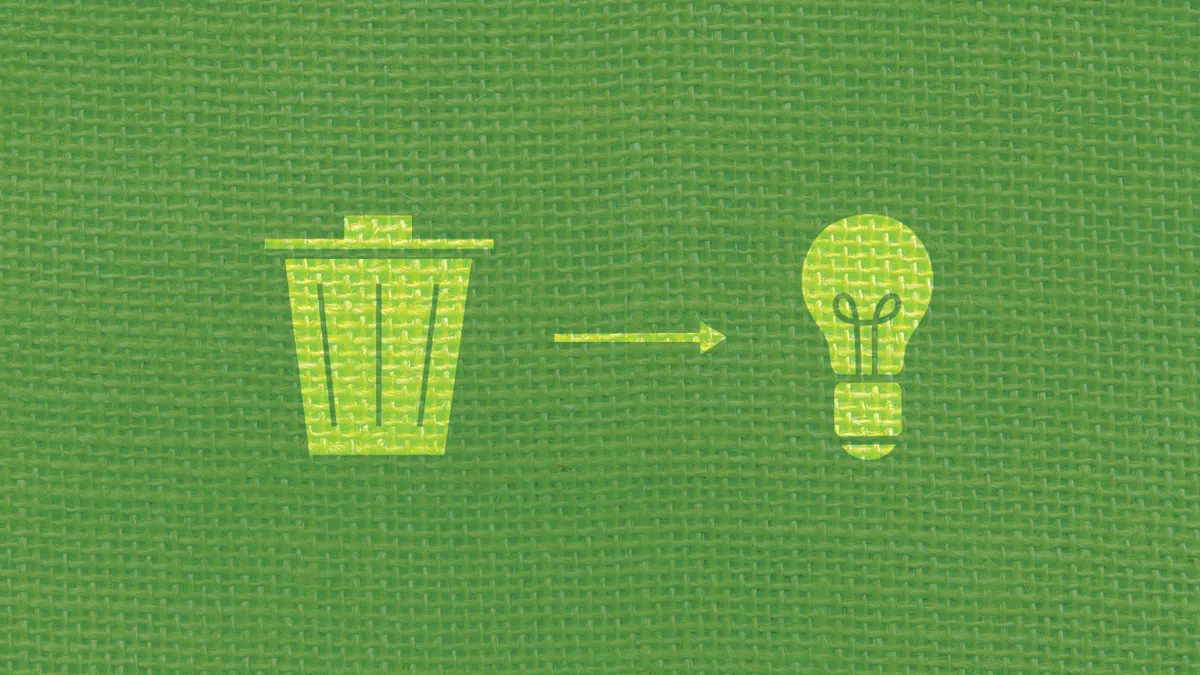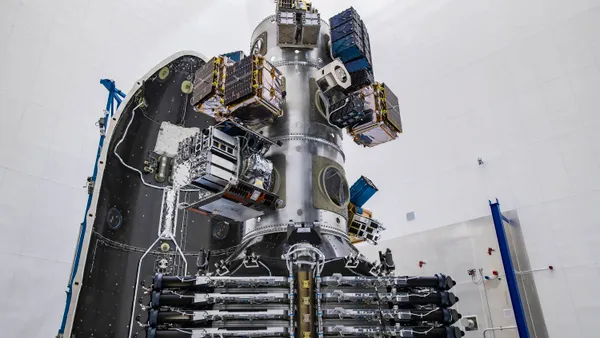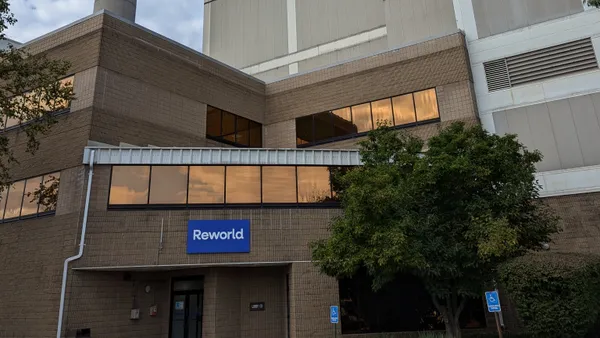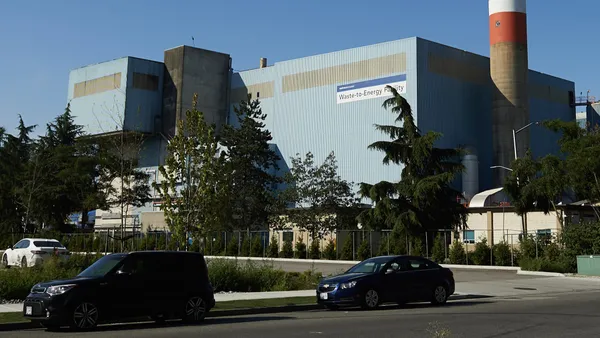UPDATE: Jan 31, 2018: The Ontario County Board of Supervisors unanimously approved a resolution against the proposed Circular EnerG waste-to-energy project in Romulus, NY at its Jan. 25 meeting, as reported by the Finger Lakes Times. This follows similar committee approval from the prior week.
Due to the fact that the area is already home to two large landfills accepting waste from around the state, Ontario County and Seneca Meadows, board members said they weren't interested in importing more.
"This trash will be coming from New York City, so why isn't this thing being built in Westchester County? It makes no sense to bring it to upstate New York," said Manchester Supervisor Jeff Gallahan, according to the Times.
Circular EnerG is still expected to pursue approval through the state's Article 10 siting process.
UPDATE Jan. 19, 2018: The Town Board of Romulus, NY approved a six-month moratorium on new waste-to-energy projects at its Jan. 17 meeting, as reported by WSKG. This was the first time the town supervisor expressed public opposition to the Circular EnerG project. The town will develop new zoning ordinances for energy-related projects, including large-scale solar installations, during this period.
The previous day, neighboring Ontario County's Board of Supervisors environmental committee unanimously approved a similar resolution against the project. The full board could vote on this resolution at its Jan. 25 meeting, as reported by the Finger Lakes Times.
Because Circular EnerG is expected to use a different state approval process, neither of these decisions technically affect the proposal, though they do show new levels of local opposition.
UPDATE Jan. 8, 2018: Circular enerG's proposed WTE facility in Romulus, NY continues to draw opposition from local residents and the company is now shifting its strategy to focus on state approval, as reported by the Ithaca Times.
The Geneva City Council voted unanimously in favor of a resolution against the project Jan 3. While this neighboring community has no direct authority over the project, the decision is seen as relevant because Geneva will now be working to influence the process at various levels of government, as reported by the Finger Lakes Times.
On Jan. 5, the Romulus Town Board also voted to introduce a six-month moratorium on any projects that require zoning approval, as reported by the Finger Lakes Times. A hearing is scheduled for later in the month. Circular enerG has since withdrawn from the town's special use permit process by invoking a law that would now put the decision in front of New York's Board on Electric Generation Siting and the Environment.
In the meantime, activists continue to organize in the area. Over the weekend, a group called Seneca Guardian hosted an event featuring known anti-WTE professor Paul Connett and former EPA regional administrator Judith Enck.
Dive Brief:
- Circular enerG LLC, a Rochester, NY-based company, wants to build a $365 million waste-to-energy facility in the upstate town of Romulus. The company made its latest pitch at a town hall meeting this week, as reported by the Ithaca Journal, and residents remain skeptical. The proposal has already drawn opposition from multiple local environmental groups, as reported by the Finger Lakes Times.
- This facility would be constructed at the former Seneca Army Depot and have capacity for up to 2,640 tons of waste per day, transported via rail and trucks, with the potential to generate 50 MW of energy. As envisioned, this would occur in two phases with the facility reaching full capacity by December 2023. Plans also include metals recovery and the potential to use residual ash as construction aggregate.
- The project still requires a long list of permit approvals from Romulus, Seneca County, New York's Department of Environmental Conservation, the Environmental Protection Agency and the U.S. Army Corps of Engineers. That process is expected to take at least a year, during which time more public meetings will be convened. If approved, construction is anticipated to start in December 2019 at the earliest.
Dive Insight:
So far, Circular enerG has sought to hit all of the common points that communities typically want to see in a waste-related project — job creation, economic development and environmental benefits. The plant is projected to create 85 full-time positions, bring new activity to a former Superfund site and "avoid greenhouse gas emissions from landfills." That last point is one that other WTE companies such as Covanta have been pushing lately, and the Finger Lakes region theoretically could be more receptive to such an argument due its local landfill concentration.
The area is home to four of New York's largest landfills, many of which have recently been expanded or are in the process of having expansions approved. These sites includes High Acres (owned by Waste Management), Mill Seat (operated by Waste Management), Seneca Meadows (owned by Waste Connections) and Ontario County (operated by Casella). The local fight over Seneca Meadows has been particularly contentious and was a factor in why Progressive Waste Solutions pulled out of a export contract with New York's Department of Sanitation in 2016. Waste Management has since been selected for that $3.3 billion deal, with High Acres designated as one of the primary destinations.
With all of this activity, and the community resistance that has resulted, a non-landfill project might seem to have a better shot. Though after years of fighting, local environmental groups are primed to go after any new waste facilities in the region. Many national environmental groups in the U.S. also oppose the construction of new WTE projects. Yet WTE industry representatives, the EPA and some academics maintain that such projects are a more sustainable option for waste disposal than landfills.
As local discussion continues in the coming months, Circular enerG will have to work against both WTE stigma and a feeling that the Finger Lakes region is already doing its fair share when it comes to waste disposal infrastructure.













